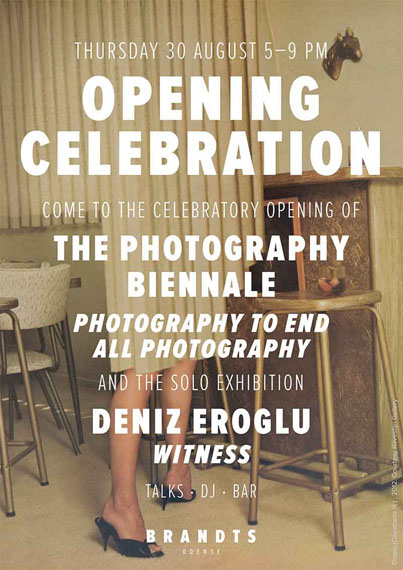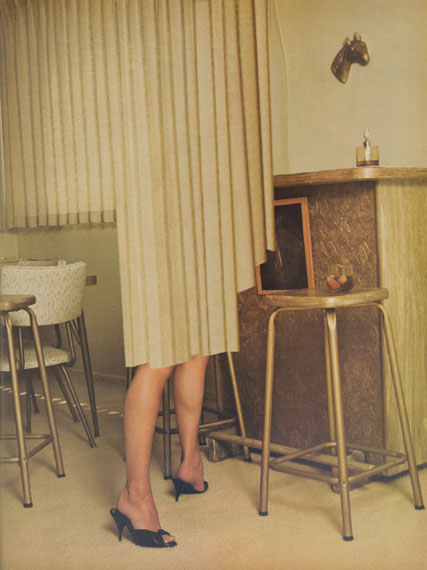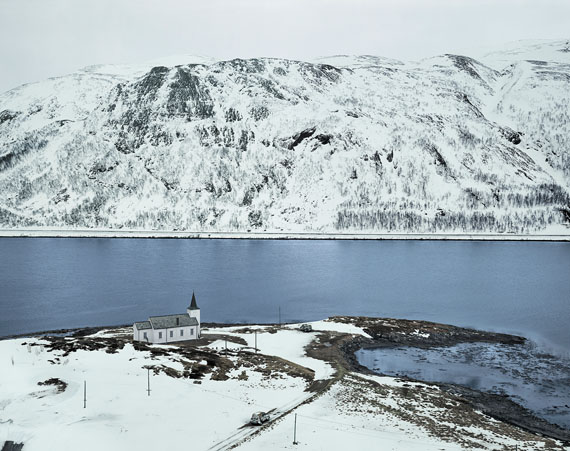
PHOTOGRAPHY BIENNALE 2018
Photography to end all Photography
Lykke Andersen » Thomas Bangsted » Kelli Connell » Keith Cottingham » Filip Dujardin » Jeannette Ehlers » Peter Funch » Beate Gütschow » Niklas Goldbach » Craig Kalpakjian » Gerhard Mantz » Osamu James Nakagawa » Robert Overweg » Jesper Rasmussen » Johan Rosenmunthe » Myne Søe-Pedersen » Eva Stenram » Ebbe Stub Wittrup » Ryan Trecartin » YANG Yongliang » & others
Festival: 31 Aug – 31 Dec 2018
Thu 30 Aug 17:00
BRANDTS
Brandts Torv 1 / Jernbanegade 13
5000 Odense
+45-65 20 70 00
Wed-Sun 10-17

Photography to end all Photography
PHOTOGRAPHY BIENNALE 2018 AT BRANDTS
31.8.2018 – 30.12.2018
The opening event takes place on 30 August 2018, 5 pm
A major international photography biennale is to be held for the second time at Brandts Museum of Art & Visual Culture in collaboration with Fotografisk Center in Copenhagen and Galleri Image in Aarhus.
The Photography Biennale 2018 focuses on manipulated photography. The participating Danish and international artists all create amazing photographs that are almost impossible to distinguish from reality. But on closer inspection, the photos reveal the most surprising details that make us unsure whether what we are seeing is reality or fabrication – just like a great many of the photos we are surrounded by on social media and other platforms.
The exhibition features works by: Lykke Andersen, DK, Thomas Bangsted, DK, Morten Barker, DK, Kelli Conell, USA, Keith Cottingham, USA, Filip Dujardin, FR, Jeannette Ehlers, DK, Peter Funch, DK, Niklas Goldbach, DE, Beate Gütschow, DE, Craig Kalpakjian, USA, Yang Yong Liang, CH, Gerhard Mantz, DE, Osamu James Nakagawa, USA, Robert Overweg, NL, Jesper Rasmussen, DK, Johan Rosenmunthe, DK, Eva Stenram, GB, Myne Søe-Pedersen, DK, Ryan Trecartin, USA, Ebbe Stubb Wittrup, DK
What does digitally manipulated photography look like in 2018? The photographic culture has always cultivated a conception of photography’s undefiled ability to provide an authentic representation of reality, despite the fact that it has always involved staged construction. In digitally manipulated photography, the editing tools of the computer play the leading role, and the image is created by sampling and processing image information without being trammelled by the reality the image pretends to represent. The direct relationship to the actual event in front of a camera – at the moment the image information was generated – is put aside. Where the classic photograph relates to a particular place at a particular moment, the manipulated photograph may piece together multiple spatialities and temporalities in one and the same image. It can take liberties that classic photography cannot.�


Courtesy the artist & Gallery Tom Christoffersen